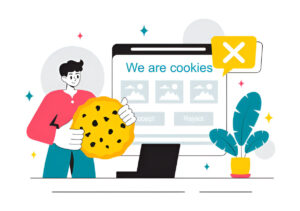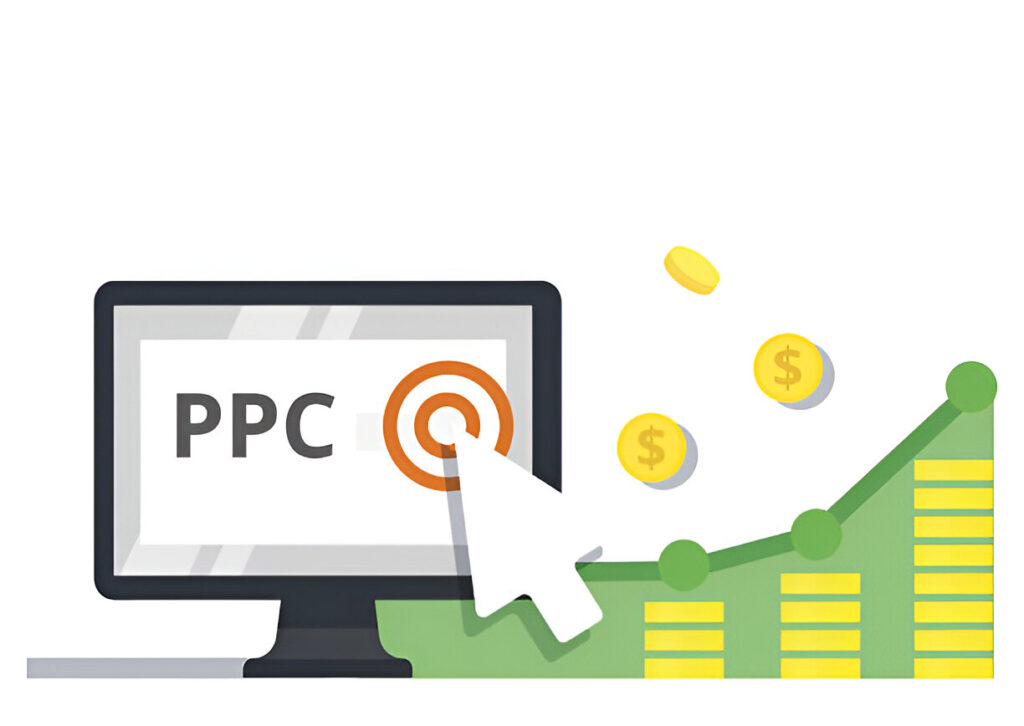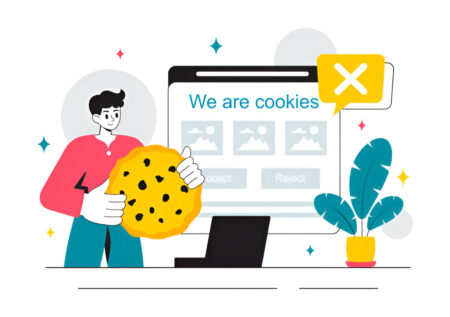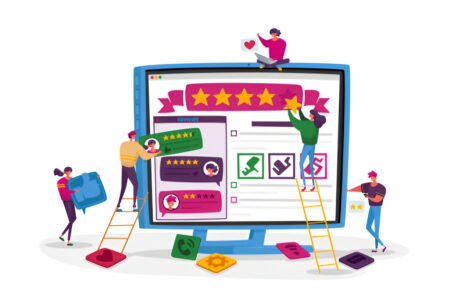PPC (Pay-Per-Click) advertising is one of the fastest ways to drive traffic, generate leads, and grow sales. But many marketers still struggle with understanding how it works and how to use it effectively. In this guide, we’ll answer the top 10 most important PPC questions every marketer should know before running or managing a paid advertising campaign.
Let’s dive deep, in simple words, with clear examples, expert tips, and practical advice.
1. What Is PPC and How Does It Work?
PPC stands for Pay-Per-Click — a type of online advertising where you pay only when someone clicks your ad. It’s most commonly used on platforms like Google Ads, Bing Ads, and social media (like Facebook and LinkedIn).

Here’s how it works:
- You choose keywords related to your business.
- You create ads targeting those keywords.
- When someone searches that keyword, your ad may appear.
- If they click, you pay the platform a small fee.
Example: A local bakery bids on the keyword “custom birthday cake near me.” If their ad shows and gets a click, they pay (e.g., $1.50).
2. Why Is Keyword Research So Important in PPC?
Keywords are the foundation of PPC. Without the right keywords, your ads won’t show to the right people.
Good Keyword Research Helps You:
- Reach people who are ready to buy
- Avoid wasting money on the wrong audience
- Improve your ad relevance and Quality Score
Tip: Use tools like Google Keyword Planner, Ubersuggest, or SEMrush to find keywords with low competition and high intent.
Bonus Tip: Don’t forget about negative keywords – terms you don’t want your ads to show for. They save your budget.
3. What Is Quality Score and Why Does It Matter?
Quality Score is a rating (1 to 10) that Google assigns to your keywords. It’s based on:
- Ad relevance
- Expected click-through rate (CTR)
- Landing page experience
Why It’s Important:
- Higher scores = lower cost-per-click (CPC)
- Better scores = better ad placement
Real Tip: Focus on writing clear ad copy and send people to pages that match the ad message. This improves Quality Score naturally.
4. Which Bidding Strategy Should I Use?
There are two main types of bidding:
- Manual Bidding: You control how much you pay per click
- Smart Bidding: Google adjusts bids automatically based on goals
Choose Based On:
| Goal | Best Strategy |
|---|---|
| Brand Awareness | Maximize Impressions |
| Website Traffic | Manual CPC / Max Clicks |
| Sales or Leads | Target CPA / ROAS |
Pro Tip: If you’re new, start with Manual CPC. As you get data, test Smart Bidding for better performance.
5. How Do I Write a High-Converting Ad Copy?
Great ad copy speaks directly to the searcher’s intent. Keep it short, clear, and focused on value.
Use This Simple Structure:
- Headline: What they want (e.g., “Affordable PPC Services”)
- Description: Why choose you (e.g., “Certified Experts, No Long Contracts”)
- Call-to-Action: What to do next (e.g., “Get Free Audit Today”)
Tip: Use numbers, emotional words, or limited-time offers to get more clicks.
6. What Makes a Good PPC Landing Page?
A landing page is where people land after clicking your ad. A weak page can ruin even the best ad.
A Strong Landing Page Has:
- A clear headline that matches the ad
- A strong value offer
- Fast load speed
- Mobile optimization
- One clear call-to-action (e.g., sign up, buy now)
Example: Don’t send people to your homepage. Send them to a page designed just for that ad campaign.
7. How Do I Measure Success in PPC Campaigns?
PPC success isn’t just about clicks. You need to track the right metrics based on your goals.
Key Metrics to Watch:
- CTR (Click-Through Rate)
- CPC (Cost-Per-Click)
- Conversion Rate
- Cost Per Lead (CPL)
- Return on Ad Spend (ROAS)
Pro Tip: Set up Google Analytics and conversion tracking in Google Ads to get accurate results.
8. What’s the Best Way to Organize a PPC Campaign?
Campaign structure affects everything — from reporting to results.
Organize Like This:
- Campaigns = based on your goal (e.g., “Website Leads”)
- Ad Groups = focused themes (e.g., “SEO Services,” “PPC Services”)
- Keywords & Ads = grouped by topic for better relevance
Pro Tip: Avoid mixing unrelated keywords in one ad group. It lowers Quality Score and ad performance.
9. What Is Retargeting and Why Should I Use It?
Retargeting shows ads to people who already visited your site but didn’t convert. It’s one of the best ways to bring back interested users.
Benefits:
- Reminds people of your offer
- Increases conversion rate
- Builds trust over time
Platforms: Google Ads (Display), Facebook Ads, LinkedIn Ads
Example: Show a “10% Off” ad to users who visited your product page but didn’t buy.
10. What Are Common PPC Mistakes to Avoid?
Even experienced marketers make these errors:
Major Mistakes:
- Not using negative keywords
- Ignoring mobile optimization
- Sending traffic to a weak landing page
- Not testing multiple ad versions (A/B testing)
- Not tracking conversions
Pro Tip: Review your campaigns weekly. Use A/B tests to find what works best and stop wasting money.
Final Thoughts: Start Smart, Improve Constantly
PPC is powerful — but it’s also complex. By understanding these 10 essential questions, you’ll already be ahead of many marketers.
Remember:
- Always test and improve.
- Use the right tools to monitor results.
- Learn from data, not guesswork.
Want to go deeper? Download our Free PPC Checklist or request a free audit to improve your campaigns.
